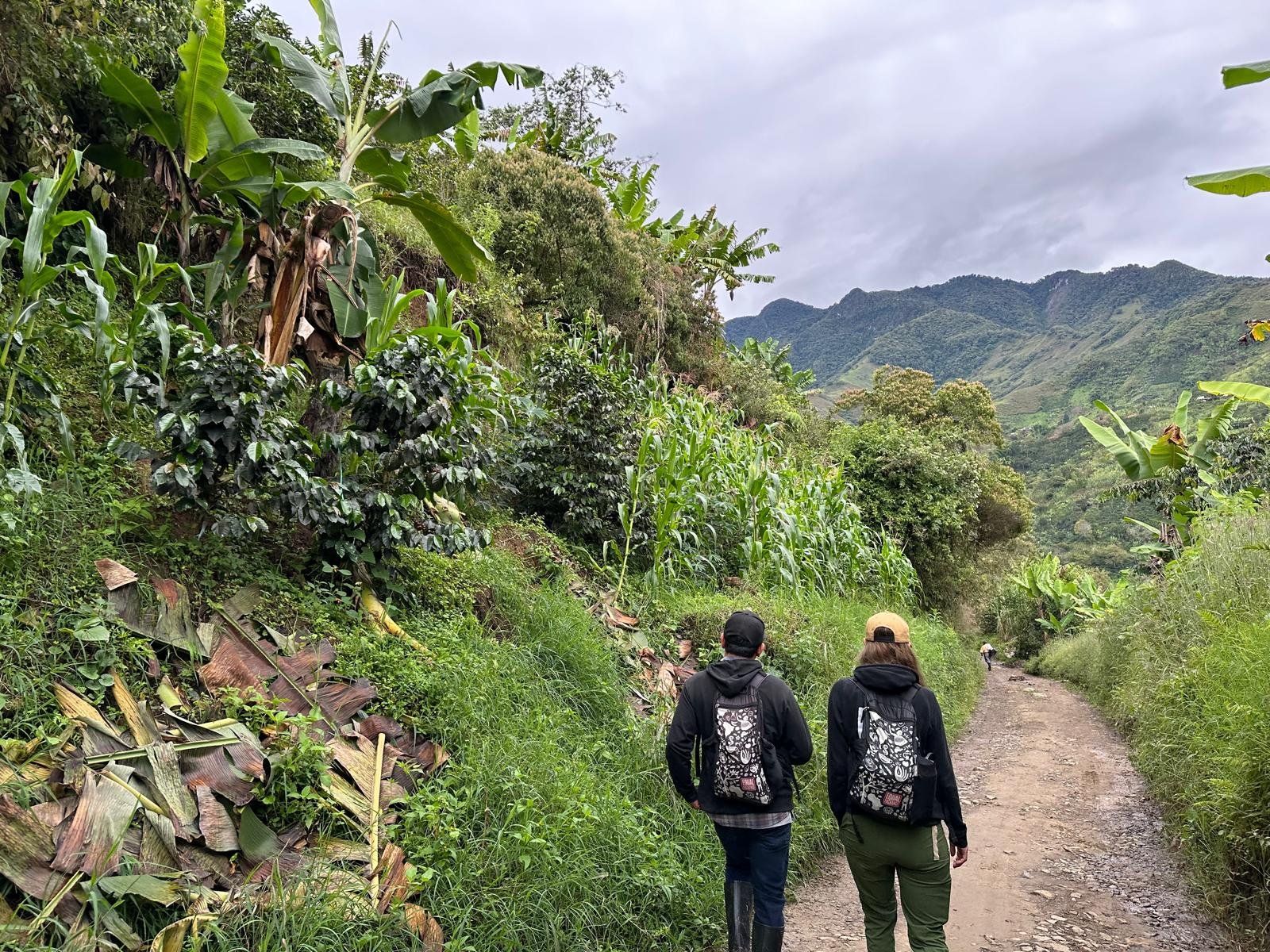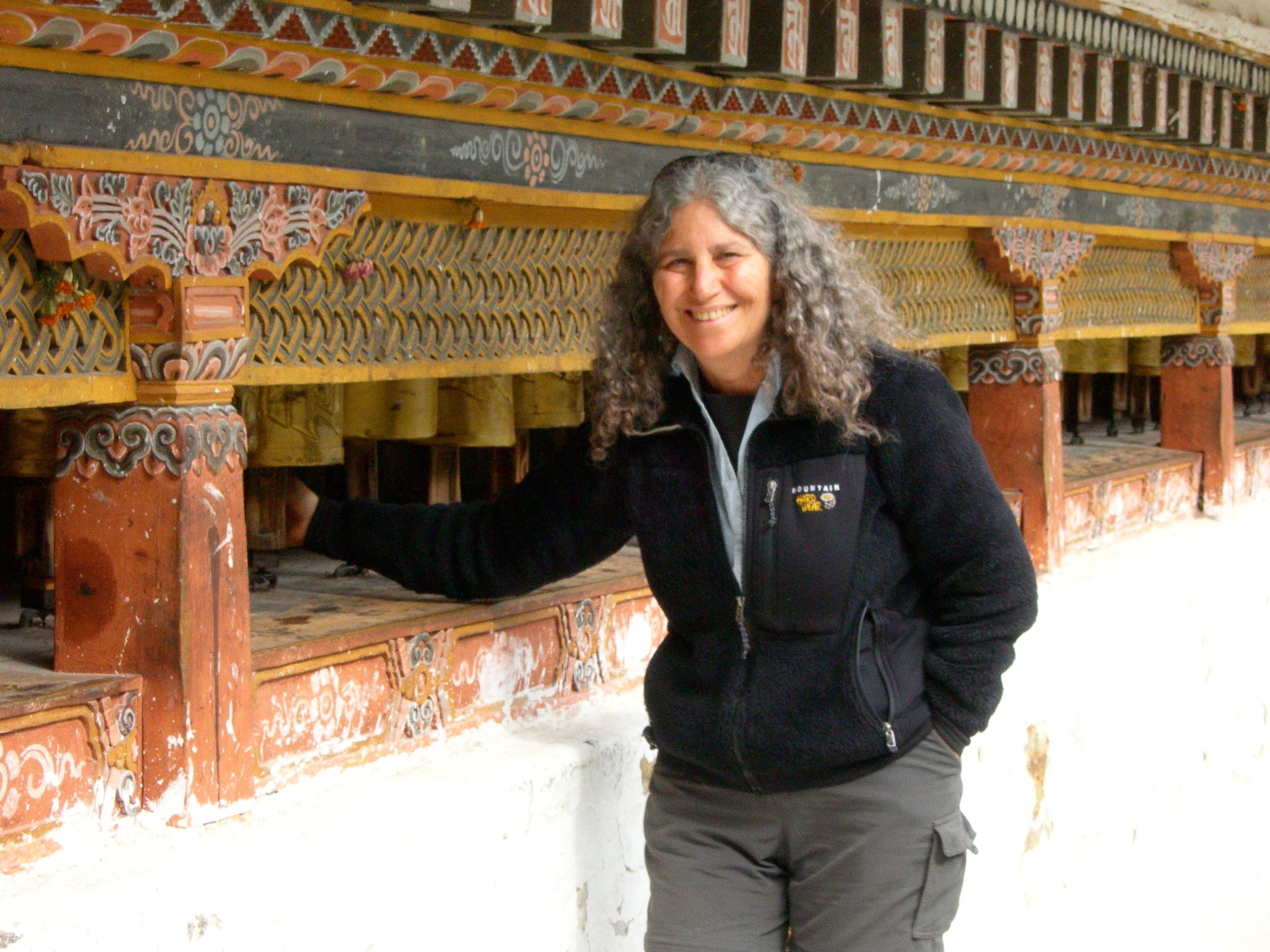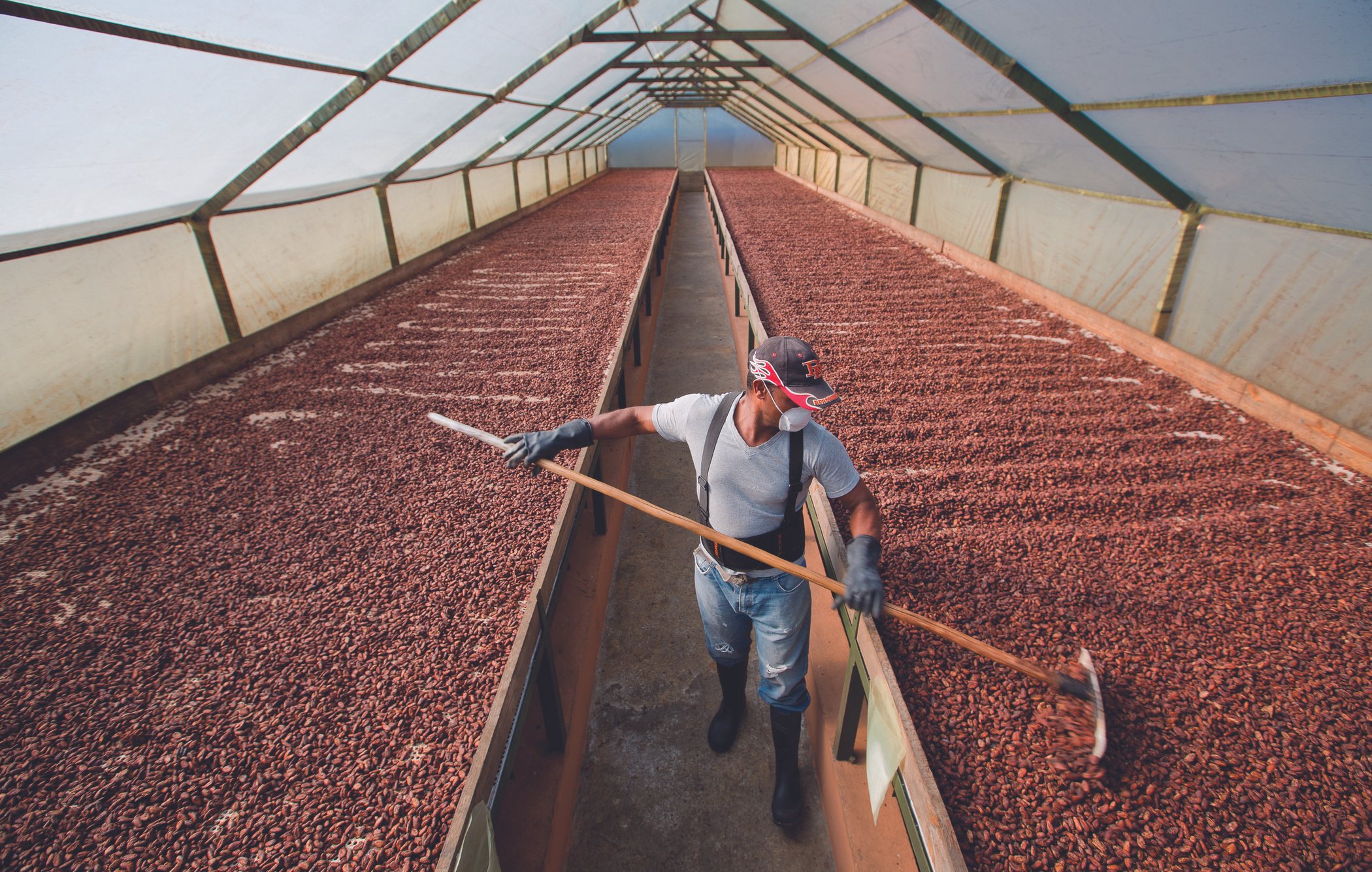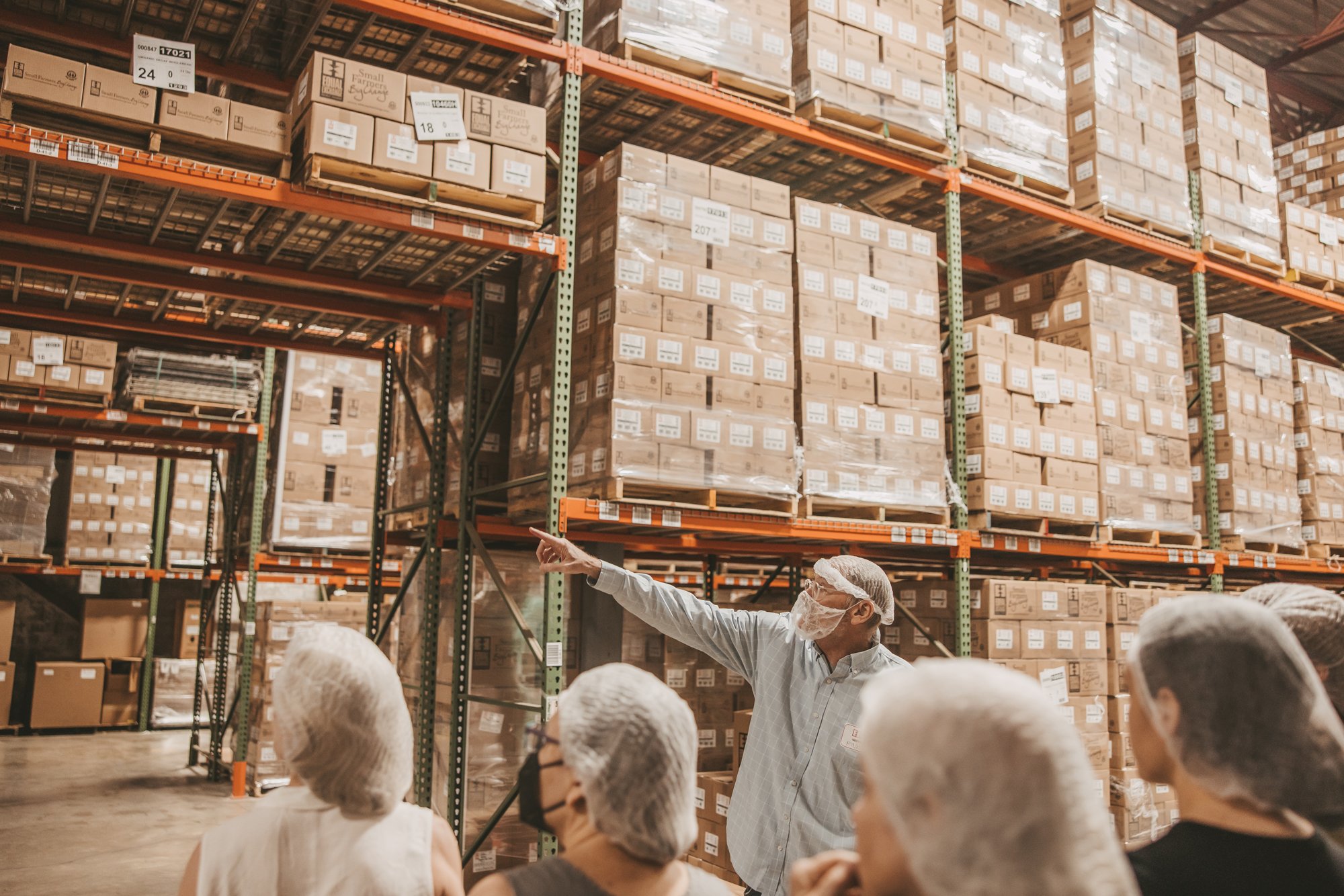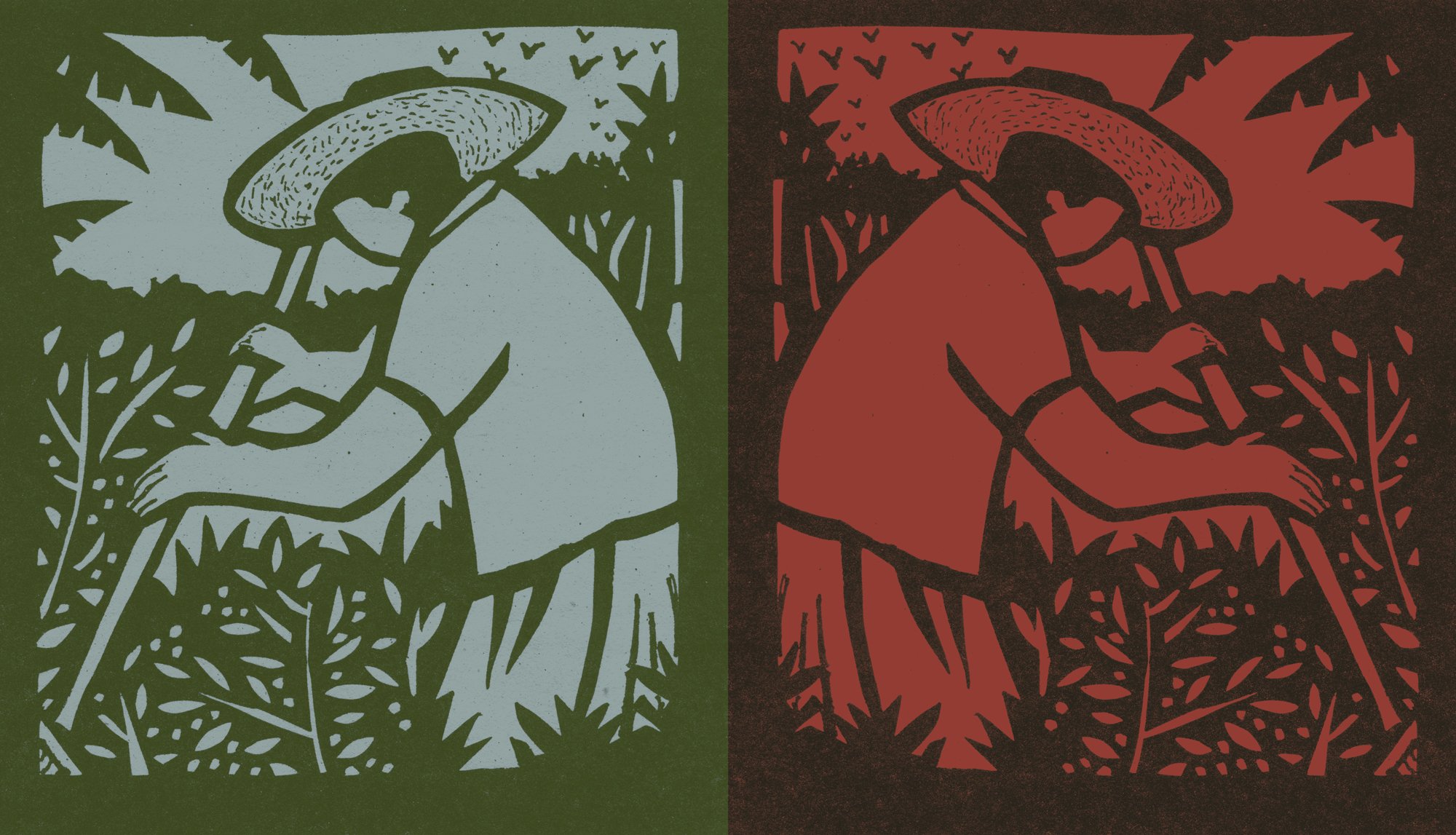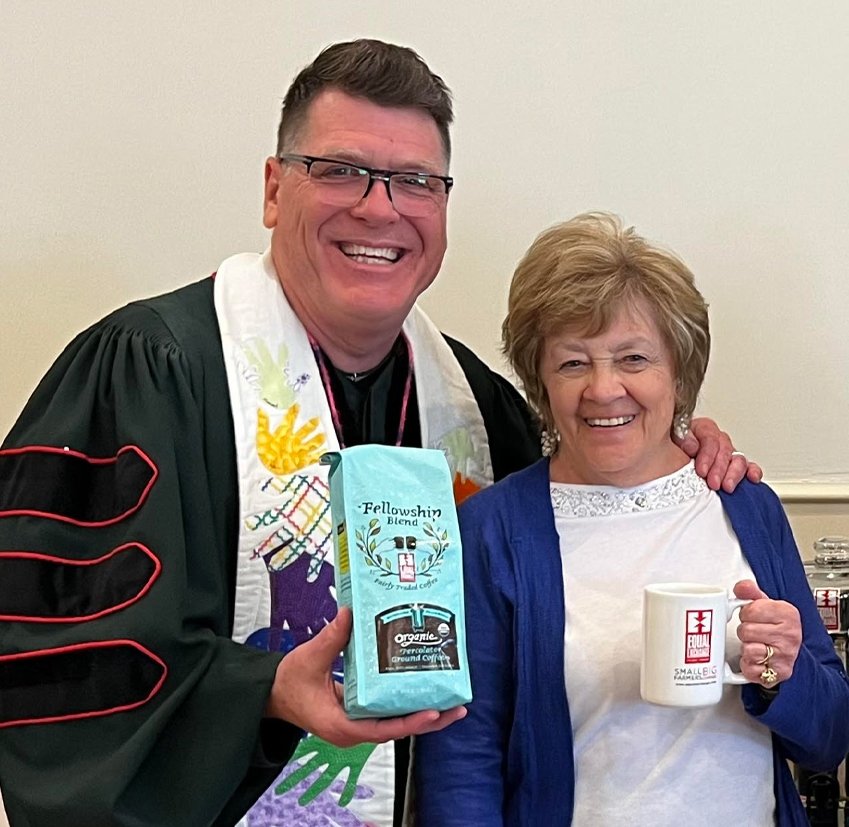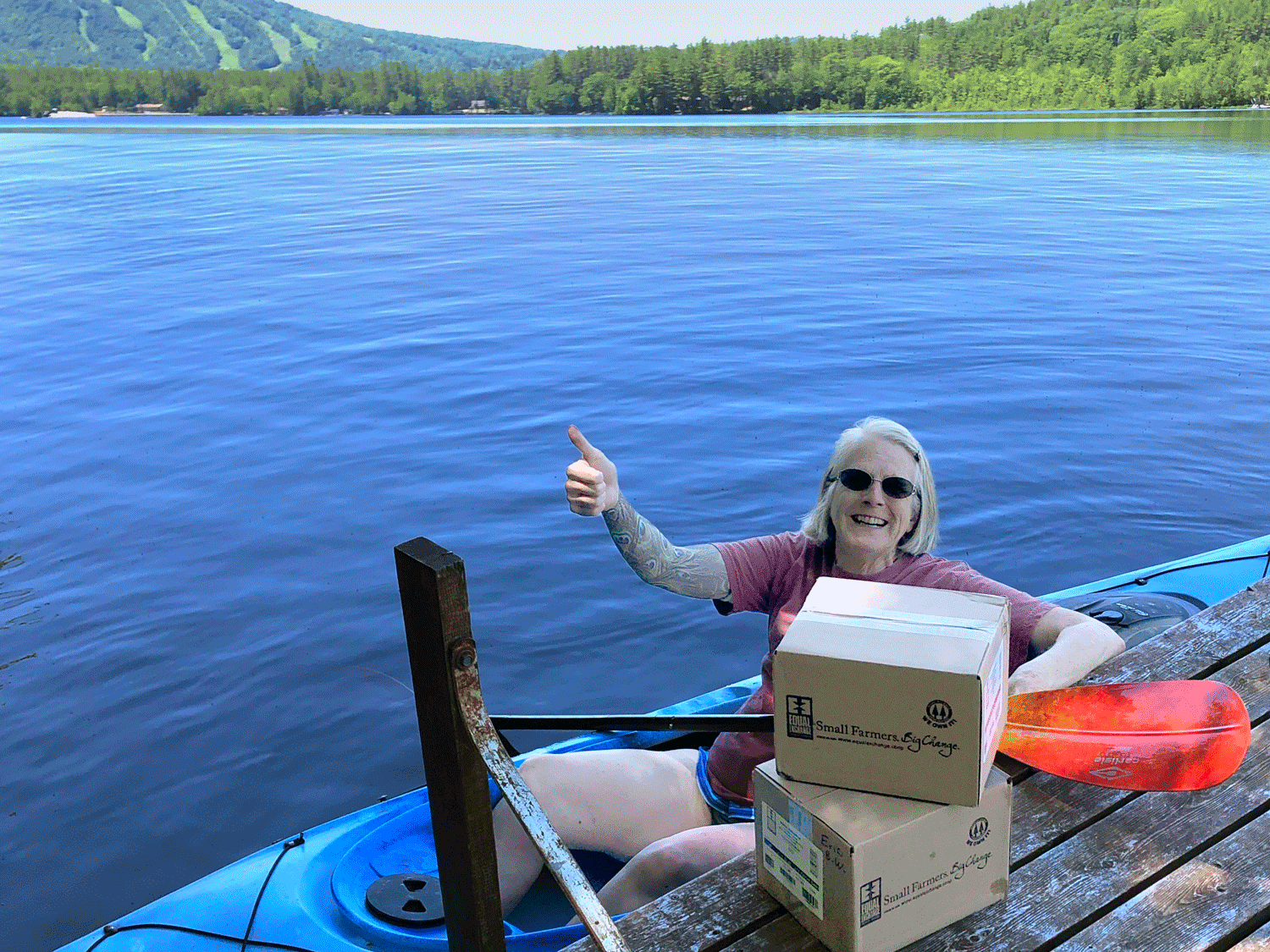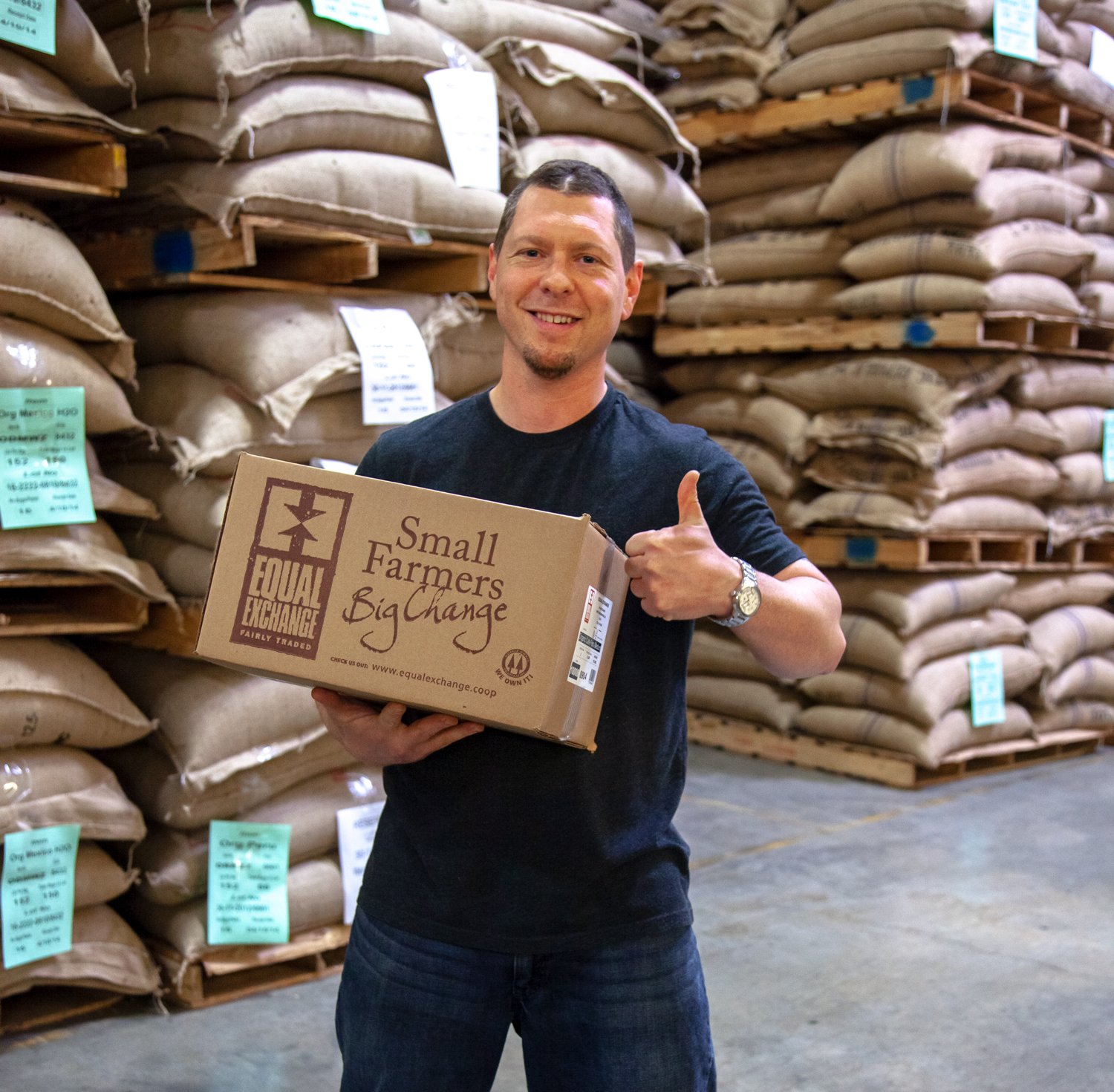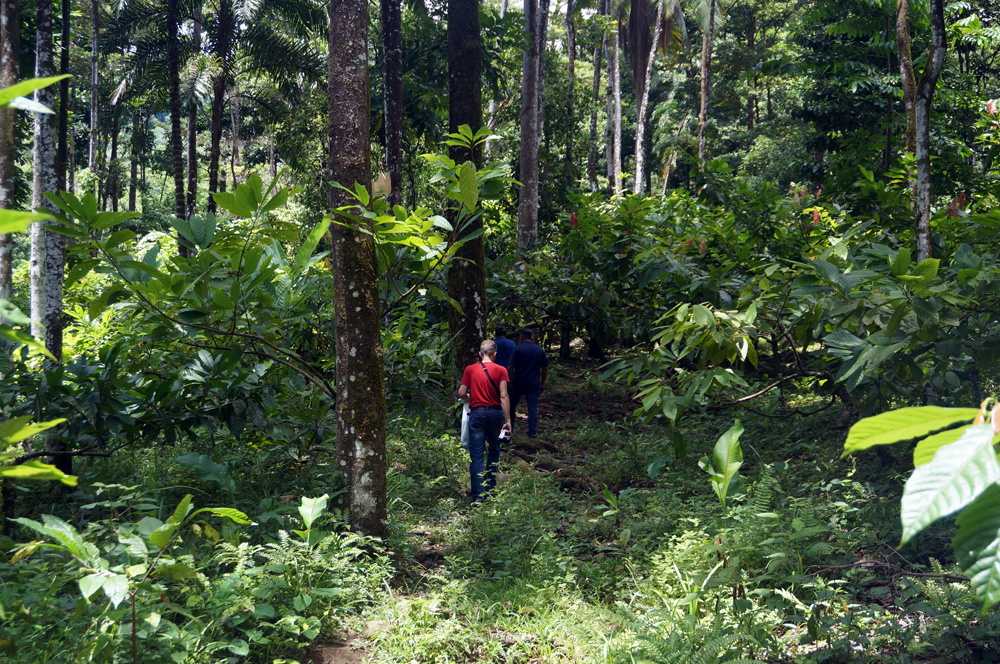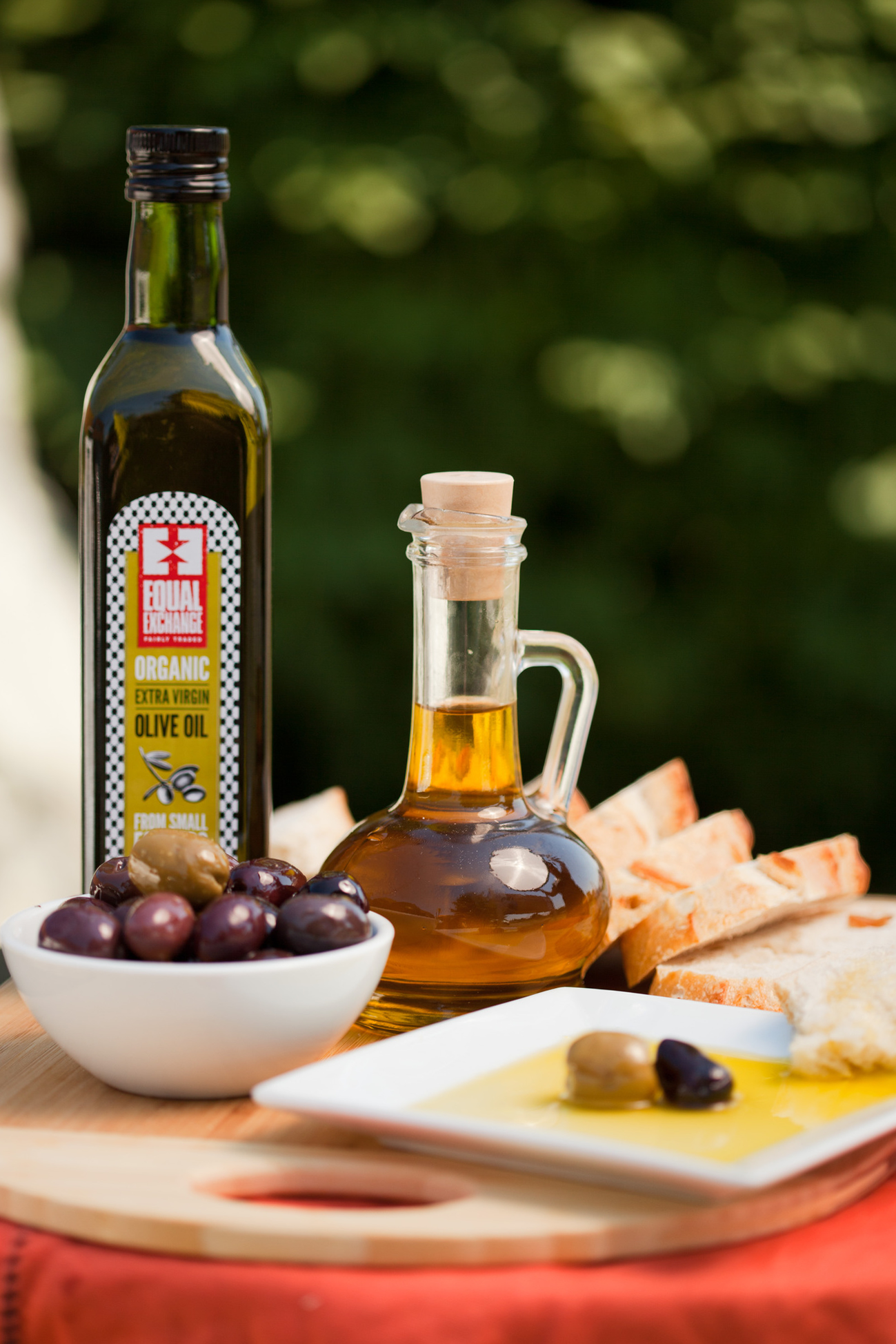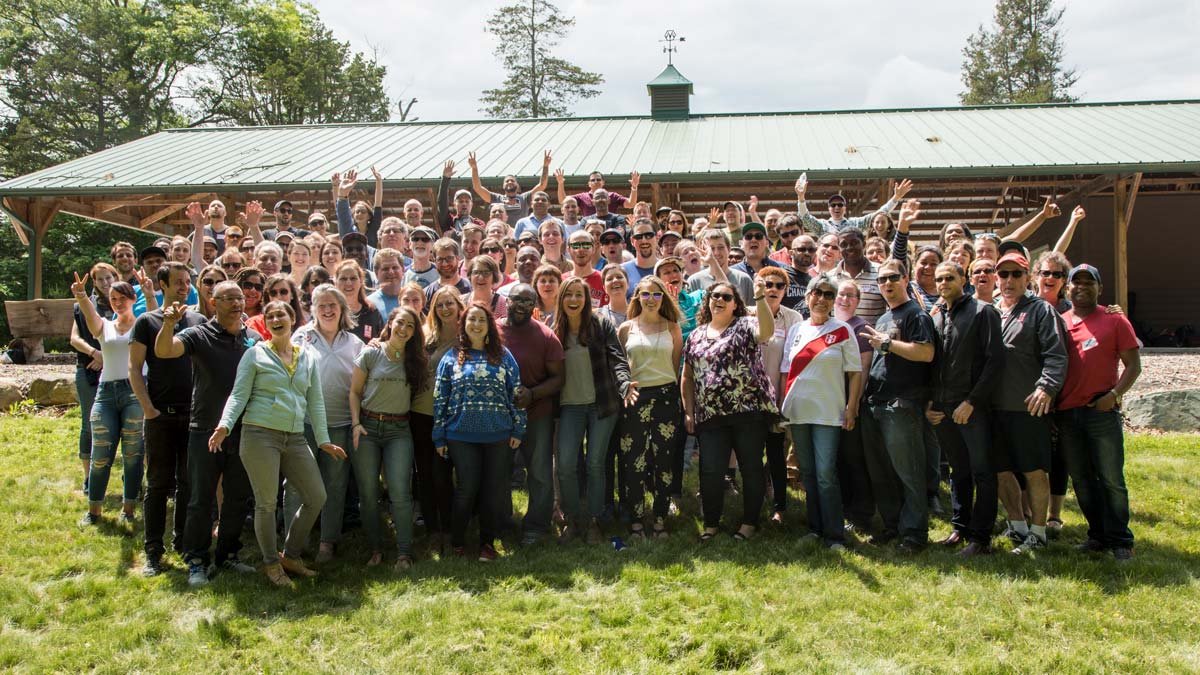Articles
Takeaways From Our Trip to the Coffeelands of Colombia
We took a group of food co-op partners, wholesale accounts, and consumers to visit the farmers of ASPROCAFE Ingruma, a co-op that’s bucking the norm in Colombia to grow coffee organically. These are their takeaways, in their own words.
Citizen-Consumer Reflections from Colombia
In November 2024, our staff traveled to Colombia with members of our Citizen-Consumer community to visit our farmer partners there. Here are reflections from two members, Terry Steele and Susan Redlich, shared directly upon their return home.
Chunky Monkey for Change: How Your Pint of Ice Cream Impacts Small Farmers
On October 31, 2024, we hosted a discussion on ethical ice cream sourcing and its impact on farmers with Patricia Llivizupa, a banana farmer and member of Asoguabo, and Cheryl Pinto, Global Head of Values Led Sourcing at Ben and Jerry’s. See the full webinar recording here.
Conventional vs. Regenerative Business Structures
From manufacturers to retail grocery stores to daily farmers markets, alternative business models are paving the way to transform the food industry. In part 1 of a series, Dana Geffner explores how regenerative practices build fair and equitable partnerships prioritizing workers, small-scale farmers in the global majority, family farmers in the global minority, and farmworkers organizations. With these practices, including regenerative agriculture, we can come out the other side with a world that regenerates rather than degenerates.
Tribute to a Fair Trade Visionary: Ilana Schatz
Ilana Schatz was a fair trade hero who passed away this past July, after enduring a six-year battle with ALS (Amyotrophic Lateral Sclerosis). She will be remembered for her leadership: her warmth, her humor, and her tireless dedication to creating a more just and compassionate world.
Chocolate: A Bittersweet Luxury
While chocolate is considered a luxury for many of us, for small-scale farmers worldwide, it is their source of necessary income that often comes with the harsh realities of corporate control of the industry. The cocoa industry is highly consolidated with only four companies controlling nearly 90% of the chocolate market, giving them a huge amount of control over cacao farmers and the prices we see on the supermarket shelves. What does this mean for farmers and child labor and do individuals have a chance at transforming a broken system?
Who Grows the Cacao in Your Chocolate?
Starting around 2000, labor abuses in the cocoa industry began to get international attention. You may have heard about poverty wages, unsafe working conditions, the worst forms of child labor and even modern-day slavery. You may have heard that farming practices that damage the environment were common, too. But what’s going on with that now? Have things gotten any better? (Article updated February 2024)
These Avocado Farmers Welcome Monarchs
Farmland can be conservation land—when managed with that goal in mind. Monarch butterflies could soon be listed as endangered because of their drastic population decline. While you could plant native milkweed or nectar plants as waystations to help support the population, the farmers in central Mexico who supply Equal Exchange avocados are also protecting and restoring the forests where these amazing butterflies spend the winter.
From Alternative Trade to Corporate Consolidation
Antitrust laws were put into place for a reason. The more consolidated our food system becomes and the greater control corporate monopolies exercise, the worse the outcome will be for farmers, workers, consumers, and the planet. As we continue to double-down on our efforts to support small farmers employing sustainable farming practices, we can—and must—take back our food system.
Truly Responsible Sourcing
Equal Exchange imports avocados exclusively from democratically structured, organic- and Fairtrade-certified cooperatives of small-scale farmers (each possessing under 10 hectares of orchard) in Michoacán. With direct weekly pricing negotiations, additional Fairtrade premiums paid to the cooperatives, and collaborative efforts to maximize efficiency, both parties strive to thrive ethically in an industry dominated by large, foreign-owned corporations.
Reflections from Rink on the “Fair Trade Experiment”
Fair Trade is dead. What have we learned, and what’s next? Phyllis Robinson interviews Equal Exchange Co-Founder and President Rink Dickinson as he reflects on the nearly 40 year history of the movement and where it has left us as an organization and a community.
“In this Together” with Fair Trade Alliance Kerala
“The Solidarity Economy may not really be able to kick in at critical times. Maybe we really have to devise new tools and new ways of engagement to make sure it's able to kick in, which is a dire need right now. The fact is, all of us are in it together, and we are searching for solutions, for answers; that in itself is an important pillar of solidarity.” –Tomy Mathew
Extraordinary Coordinator: Grace Miley
From Grace, “Our church became involved with Equal Exchange in 1996 when we started serving “Fellowship Blend” for any church gatherings. I remember being curious about the concept of fair trade, which was new to me. As EE products expanded, I became the new EE volunteer in our church with no clue where this adventure would lead me.”
Extraordinary Coordinator: Jane Chandler
Jane has been the fair trade purchaser at West Parish Congregational Church UCC in rural Maine for about 20 years — though no one can recall exactly what year she started. Jane and her husband Jim live year round on the edge of Bryant Pond about 15 minutes away from Bethel. Jane delivers most of her Equal Exchange coffee orders by car or folks pick them up from her house or the church; but she keeps her kayak tied to the dock for emergency caffeine deliveries.
How a Trip to Yellowstone Changed How We Think About Food
40 years ago, our family traveled to Yellowstone National Park to camp for a few days. When we entered the park, the ranger handed us a newspaper with the headline “Human Food Kills Bears”. That headline was about to change our lives and those of our progeny.
Terry Boisclair Reflects on 20 Years as a Worker-Owner
Terry Boisclair started out picking and packing orders at Equal Exchange in 2002. He reflects on 20 years as a Worker-Owner, including visiting farmers in Nicaragua, forming close ties with his co-owners, and how much the business has evolved in its operations over the years.
Checking in with Santiago Paz of Cooperativa Norandino
Santiago Paz, Co-director and Export Manager of Norandino, a cooperative aggregating 90 grassroots organizations in Northwest Peru, is one of the inspiring and visionary leaders who has walked the road with us through the years. Here, he shares what the last few years have meant for Norandino.
Investing in Our Planet With Organic Cacao Farming
This year’s global Earth Day theme is “Invest in Our Planet.” We’ve been investing in our future by supporting organic agriculture for over 35 years. But what does organic agriculture actually mean for farmers and the planet?
Palestinian Olive Oil and Dates
Learn more about Palestinian olive oil and dates from the Palestinian Agricultural Relief Committee.
Our Worker-Owned Cooperative
At Equal Exchange we all walk around like we own the place. That's because we all do! We have organized ourselves as a democratic worker co-operative, now one of the largest in the country. But what does that mean?



